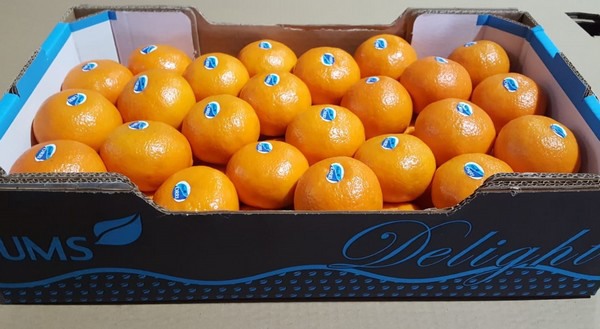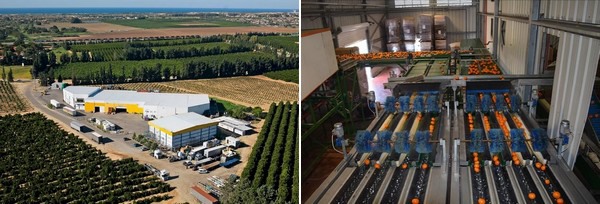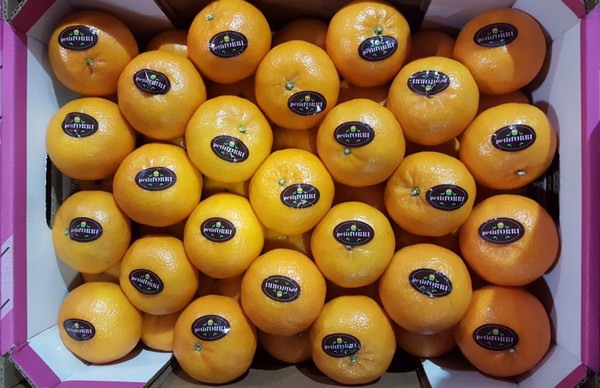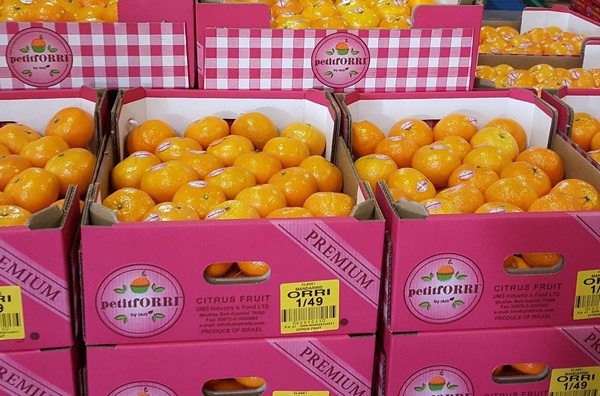Easy peeler season in Israel will begin late November and wrap up around April. For exporting company UMS Trade, the season will kick off with the earlier variety Suntina in a few weeks. Alex Shindler says: “It looks like the season will start with a small delay, but the overall quality is looking good. Of course, we still have to get through the winter and hope that the temperatures will remain relatively stable with no extreme storms or cold temperatures.”

Extreme temperatures have already done some damage to the crop. Alex says: “In May we have some extremely hot days, which has badly affected our yields this year. Depending on the growing area, there are rough estimations of 30% decreased volume coming from Israel this season. However, it looks like Spain and Morocco will also be short on their volumes and so we hope that this will affect the easy peeler market in a positive way. For a large part of the last season prices were poor because there was an overall surplus of citrus from all origins in the market. This year, due to the expected shortages, we hope it will be better.”

UMS Trade works with several growers and export the product to both Europe and North America. Their most successful variety is the Orri mandarin. “There are quite a few varieties grown in Israel, but the Orri mandarin is our flagship variety. It is positioned as a premium option in the European market for consumers due to its flavor, easy-peel quality, and long shelf life, but the pricing is affected by the numerous alternatives available. There comes a point when the market is not prepared to pay the difference if there are still good and significantly cheaper options available in excess.

The large amount of varieties and the high volumes coming from multiple origins might be something to be vigilant of. Alex says: “The Orri, though popular, has high growing costs and low yields. Spain is currently our main competitor in most products, and specifically for the Orris because their season overlaps directly with ours. There is definitely a concern that in the future, the volumes coming from all the origins will be too high and the prices will be negatively impacted. Spain, Morocco and Turkey are all growing in production from year to year.”

Currently, the company is looking to expand into the Asian markets. “As a company, we are constantly looking for ways to innovate or invest within our field. For example, a number of years ago our CEO invested in the agro-tech company Phytech, which has since flourished and is an important company in the field of agricultural technology. We are also looking to grow our business in the Chinese market, as well as the Far East as a whole. Until now the Orri has not quite made its mark yet there, so there is still a huge, relatively untapped, potential in that region,” Alex concludes.
For more information:
Alex Shindler
UMS Trade
Tel: +972 8 9238660
Email: sales@umstrade.com
www.umstrade.com
www.phytech.com
